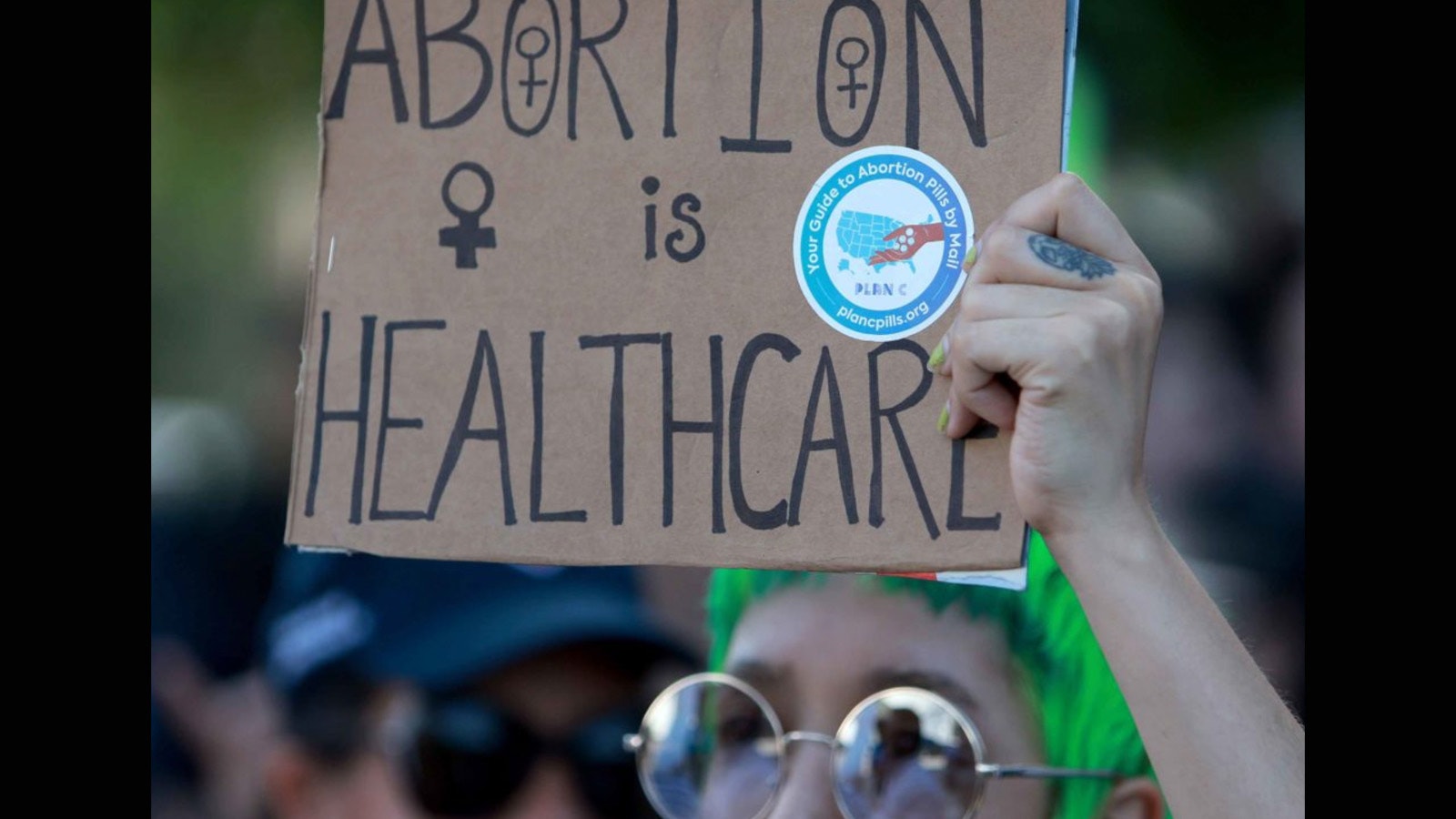After pausing Wyoming’s abortion ban in late July for two weeks, Judge Melissa Owens now has placed a preliminary injunction on the law that could last months or years while the case against it wages on.
“A decision to have an abortion is a health care decision” is a likely finding under the Wyoming Constitution, Owens announced in her ruling.
Owens’ order bars authorities like prosecutors and police from enforcing Wyoming’s abortion ban while it is being litigated.
She wrote in her ruling that the plaintiffs, a pro-abortion coalition suing the state of Wyoming, demonstrated to the court that allowing the abortion ban to function during the case against it could cause “irreparable injury” to at least one of the plaintiffs. The group includes a woman in her second trimester of pregnancy who was reportedly concerned about not having access to an abortion in a critical situation due to the law’s potential uncertainties for doctors having to make snap decisions.
“(The abortion ban) may force Ms. Johnson, as a currently pregnant woman, to delay or be denied evidence based medical care in the event of an unforeseen condition… or a fetal abnormality incompatible with life,” Owens said in her ruling.
Another “irreparable harm” Owens identified relates to two obstetrician/gynecologists among the plaintiffs, who may be reluctant to help a woman in a critical situation out of fear for prosecution.
The judge said in the ruling and in previous announcements from the bench that if there had been a provision in the law allowing for doctors’ “appropriate medical judgment” to function in such situations, she would have found the law’s immediate implementation less harmful.
“The statute lacks any guidance on the providers (sic) use of medical judgment,” Owens wrote.
‘Health Care Decision’
Owens also granted the preliminary injunction because, she wrote, the plaintiffs made “a clear showing of probable success” for their case going forward.
In his arguments in defense of Wyoming’s law, the state’s attorney Jay Jerde countered plaintiffs by saying there’s not a probability of success for the case because abortion access isn’t given by the Wyoming Constitution as a fundamental right.
There are three tenets of the state’s Constitution, however, that could support an argument against the abortion ban going forward, Owens said in her ruling.
One of those is Article 1, Section 38, originally enacted to combat mandates in the Affordable Care Act. The section states that Wyomingites have the right to make their own “healthcare” decisions.
“Reasonable persons could consistently and predictably agree that an abortion is a procedure, usually provided by a medical professional, that impacts a woman’s physical, mental, or emotional well-being,” wrote Owens. “The court could find that the decision to have or not have an abortion procedure is unambiguously a health care decision.”
A Woman
Another of the constitutional supports is Article 1, Section 3, said Owens, which supports equal protection under the law. Wyoming’s abortion ban uses the word “woman” twice, which plaintiffs’ attorneys argued would make it a legislation targeting women.
“The statute restricts a woman’s right to make their own health care decisions during pregnancy and discriminates against women on the basis of their sex,” wrote Owens. “The statute dilutes the rights available to women in making decisions regarding their health care and whether or not to give birth to a child.”
The third constitutional argument against the ban, Owens ruled, is that the law itself could be “unconstitutionally vague” in a way that might lead to the violation of individual rights.
Uncertainties about how women asking for abortions would clarify that they’ve been victims of rape or incest bothered Owens the most, she said in court and reiterated in her order.
Ban Aborted
The ban, which would have made performing an abortion a felony except in cases of rape, incest, and severe health or death risks was codified on July 27 but only survived for a few hours before Owens placed a temporary restraining order on it.
That restraining order expired Wednesday at noon. Owens’ preliminary injunction order to block the law for a longer period entered the office of the Teton County Clerk of District Court at almost the exact moment its predecessor expired.





